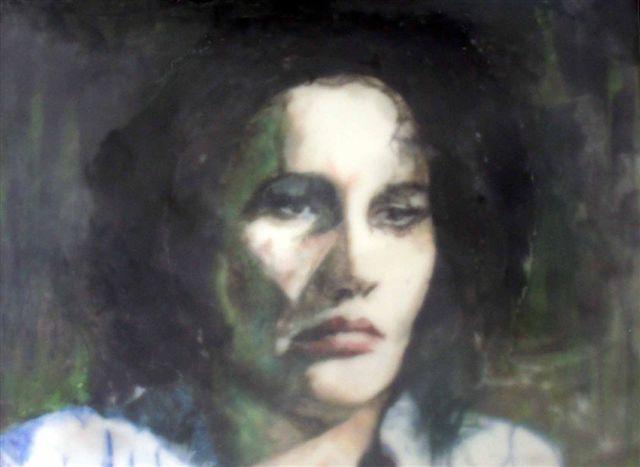
Swiss ‘witch’ museum receives CHF1 million anonymous gift

The Anna Göldi MuseumExternal link has received a donation of CHF1 million ($1.1 million), the museum announced on Monday. This should allow the museum to stay open all year round.
The museum first opened in August 2017 and shows the history of the maid Anna Göldi, who was famously tried and executed as the “last witch of Europe” in 1782 by the local courts in the canton of Glarus. The exhibition guides visitors through the past of the old Swiss Confederation. It also highlights the value of our contemporary human rights and celebrates a shared culture of remembrance.
Exhibits are housed in a historic building in the village of Enneda. The donation is tied to an expansion project aimed at ensuring that the central building of the museum, the so-called Hänggiturm, can be used long-term, the museum statementExternal link said.
The tower was built during the heyday of the Swiss textile industry in the 19th century and was used as a drying tower. Long, colourful fabric panels used to be hung down the 12-metre high attic floor to be air-dried.
Currently, the museum is forced to close during the winter months. With these new funds, it will be able to heat the tower and be open to visitors all year round. The museum management is also considering the construction of a library and hopes to implement all changes by 2019.
The money came from a cultural patron with close ties to the region and its culture.

More
‘Anna Göldi was like a wild horse, impossible to catch’

In compliance with the JTI standards
More: SWI swissinfo.ch certified by the Journalism Trust Initiative

























You can find an overview of ongoing debates with our journalists here . Please join us!
If you want to start a conversation about a topic raised in this article or want to report factual errors, email us at english@swissinfo.ch.